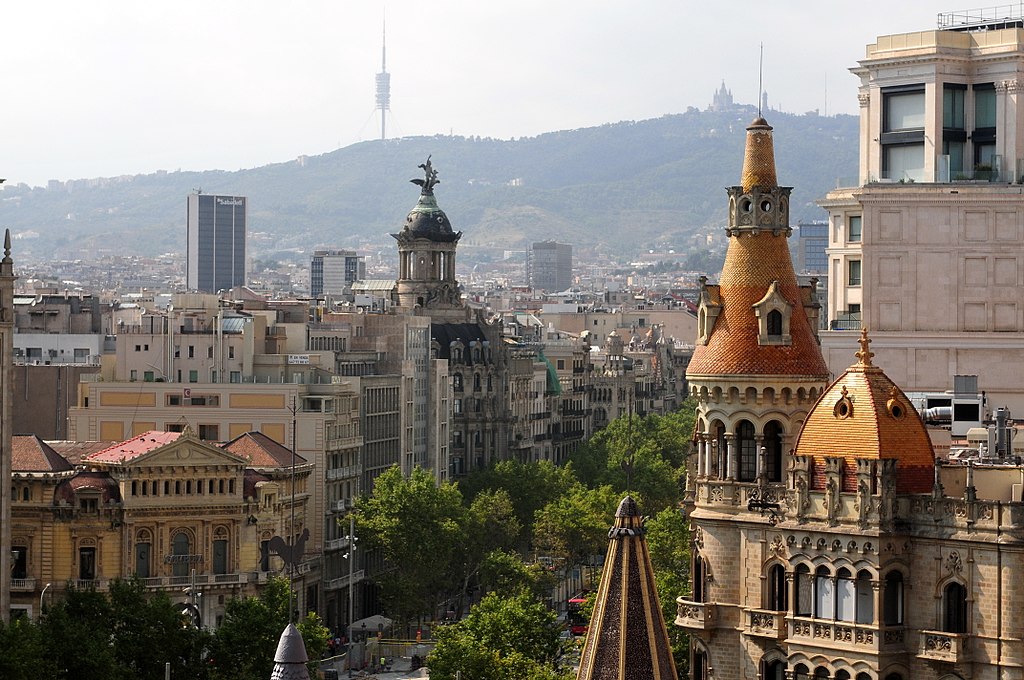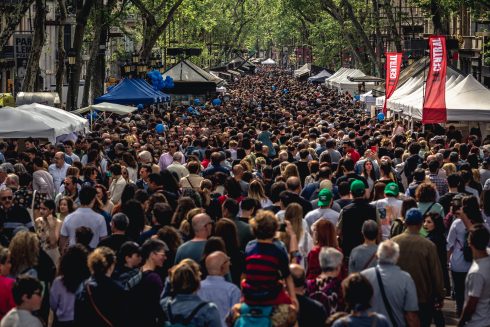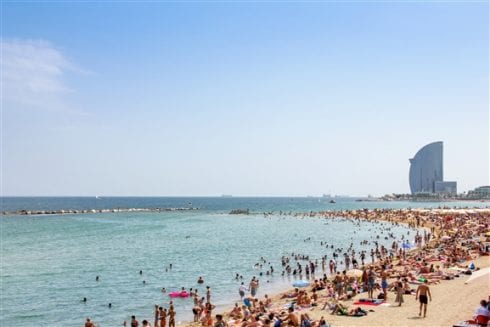ON FRIDAY representatives of hotel associations from 36 countries met to demand more regulation of tourist flat rentals such as AirBnb.
Didac García, a representative of the Barcelona Hotel Association, said that during the meeting, held virtually as a result of the pandemic, the representatives praised Barcelona’s latest regulations surrounding the rental of flats for tourists.
Hoteliers criticized the exponential growth of the “poorly regulated” over the last 10 year for having a “very high social cost”, damaging access to housing and forcing residents in the most touristy neighbourhoods to move elsewhere.
The Spanish Confederation of Hotels and Tourist Accommodation (Cehat) denounced the “unlimited” development of tourist apartments, which they say has caused a decrease in housing supply and, therefore, has resulted in price rises for residents.
Cehat argues that in some of the most popular tourist destinations, the growth in the trend of renting flats to tourists has resulted in a decrease of more than 25% in the supply of rental housing.
The hoteliers point out that most of the world’s cities are searching for ways to combat the issue, hoping to encourage “price suppression” in the rental market, an increase in the public and private housing supply, and access of young people to the market.
The group points out that measures have already been taken in many European and American cities, the result of “inconveniences caused by the users of these accommodations” due to the “alteration of public order and the problem of noise” in the parties that are hosted within them.

After analyzing the leading web platforms offering short-term rentals, the hotel association points out that there are currently more than 300,000 registered “illegal” apartments that amount to up to more than one million beds.
They also insist that there is data that indicates that more than 50% of these homes are in the hands of 5% of large professional owners and that, according to data from the associations that represent tourist rentals, they can make upto 15% on a property in rental per year, citing the “extremely high prices that accommodation has reached in the market”.
Barcelona’s ban on renting short term private rooms took effect on August 6, making it the only major city in Europe to do so. However, entire apartments can still be rented if the owner of the property holds the appropriate license.
The decision comes amidst a fierce debate over the issue. Airbnb told The New York Times that its rentals don’t harm the city, and that half of its hosts in Barcelona rely on the income to continue to pay their bills and remain living in their homes.
Patrick Robinson, Airbnb’s head of policy for Europe, Africa and the Middle East said: “In Barcelona, the absence of clear rules for hosts who share a room in their home has no impact on our business, but we are concerned about the negative impacts of City Hall’s proposals on local families … we are confident that we can work with the authorities on a better way forward”.
Critics argue that heavy regulation levies unjustifiably high fines for hosts and affects vital income for many struggling residents. Barcelona authorities counter that restricting private tourist accommodation is one of the few tools they can use to combat the city’s housing problems and reduce excessive tourism.
READ MORE:
- AIRBNB LET OFF €300,000 FINE FOR ADVERTISING ‘UNREGISTERED’ HOLIDAY HOMES IN SPAIN’S MALLORCA
- SPAIN’S NEW NORMAL: HOW TOURISM MUST CHANGE IN BARCELONA POST-COVID











